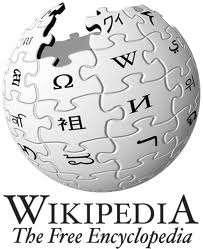|
Useful Links:




17/02/2012 05:55:51 ́́
|
    
Political sociology
Political sociology broadly conceived is the study of power and
domination in social relationships. It could thereby include analysis of
the family, the mass media, universities, trade unions, and so on.
Three main approaches to political sociology have considerably narrowed
its subject area. The first builds directly on Max Weber's notion of
‘politically oriented action’. Weber defined an organization as
‘political’ in so far as its existence and order is continuously
safeguarded within a territorial area by the threat and application of
physical force on the part of an administrative staff .
In
the late 1960s under the influence of Seymour Lipset and Stein Rokkan a
second main approach to political sociology was developed. The subdiscipline now encompassed the comparative and historical study of
political systems and nation-building. By analysing the role of
political institutions in social development (and revolution) this
branch of political sociology has contributed to the comparative
analysis of welfare systems, to studies of the relationship between
democracy and industrialization, and to charting the role of the state
in the creation of national identity. The third focus of modern
political sociology is on theories of the state, and here the
subdiscipline draws particularly on currents in Western Marxism and
contemporary political theory. Building on the Marxist critique of
pluralist approaches to
the state, political sociologists have focused on the problem of
state/society relations and developed detailed empirical studies of the
exercise of power both within and between states.
|